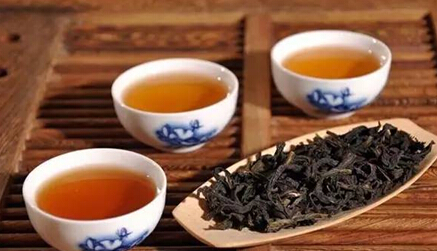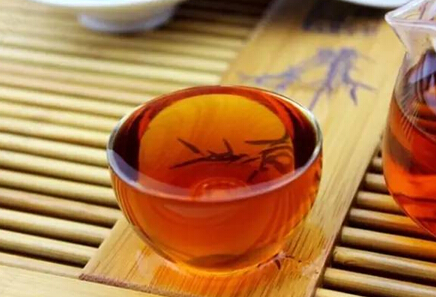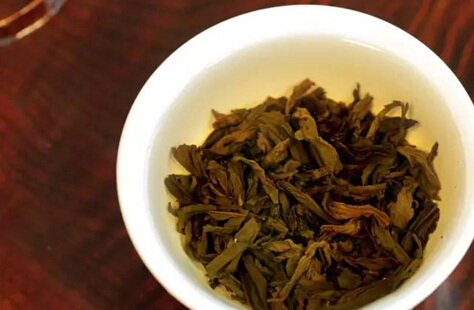"Bitter" is one of the five flavors in traditional Chinese medicine (sour, sweet, bitter, spicy, salty), its most notable characteristic being its extremely low threshold.
In our daily diet, common bitter foods like bitter gourd and lily, or beverages like kuding tea and chrysanthemum tea, are instinctively avoided.
Tea's fundamental taste is also bitter.

Since tea polyphenols are the core substance of tea leaves, despite the presence of amino acids and other sweet-tasting compounds, the essence remains bitter.
If someone claims to have liked this bitter drink from the start, it’s untrue. A simple test with a child will show immediate rejection.
This explains why teenagers prefer cola over tea.

Before tea became a tea drinking custom, people instinctively resisted it. Ethnic minorities in border regions added milk or sugar when brewing tea; in West Asia and North Africa, mint, spices, or sugar were used—essentially masking the bitterness.
Why, then, do Chinese people endure tea’s bitterness?
Traditional Chinese medicine states that bitterness "enters the heart," purging fire and drying dampness. Subconsciously, people associate bitter foods with health benefits like detoxification, learning to accept the taste over time.

Influenced by Daoism, tea was initially consumed as an herbal supplement. It evolved from being mixed with other ingredients in prescriptions, to Tang Dynasty’s practice of adding only salt, and finally to the Song Dynasty’s pure infusion method.
This marked the stabilization of tea culture, where bitterness became widely accepted, turning tea into a true indulgence.

By the Ming Dynasty, stir-frying replaced steaming, enhancing tea’s aroma and masking bitterness. Modern techniques—like withering for green tea or oxidation for oolong tea—further reduced bitterness, broadening its appeal.
In summary, tea is bitter, but its functional value led to acceptance. Processing advancements softened the bitterness, while amino acids created a sweet aftertaste, offering sensory delight. Cultural habituation made bitterness irrelevant, solidifying tea’s status as a beloved staple.